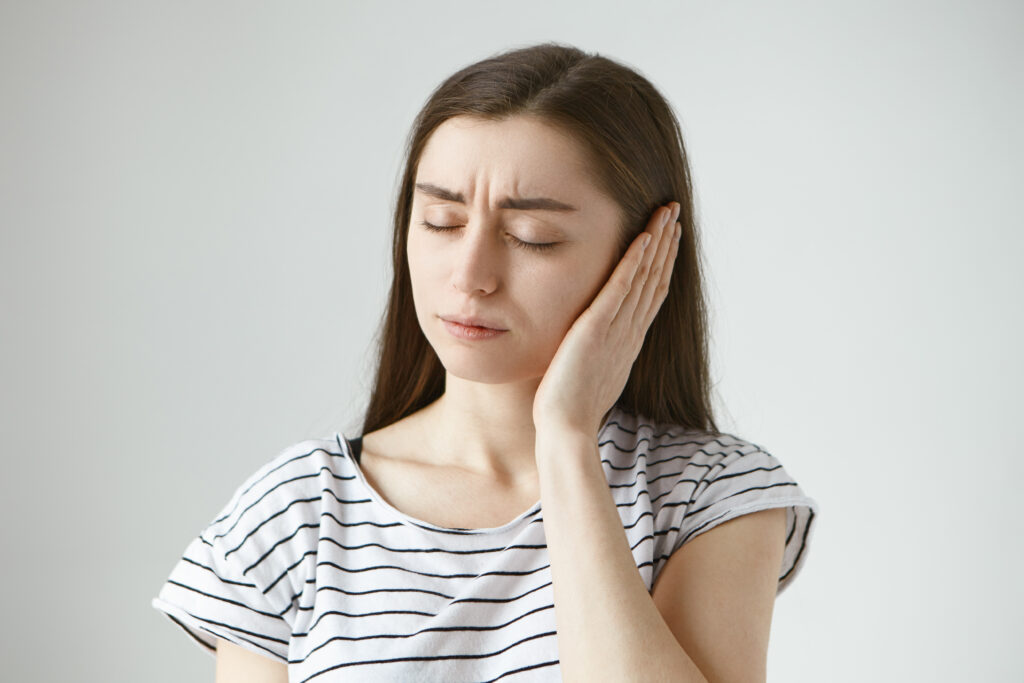
Neck pain and Ring in the Ear
Neck pain is a very common problem and affects almost everyone. In addition to its usual causes, neck pain can also be caused by other illnesses or conditions besides Tinnitus. Neck pain may be the result of mechanical problems in the muscles and ligaments, or it may be a sign of a more serious underlying medical condition. When we have neck pain, our body senses that something is wrong and alerts us through various sensory signals such as nystagmus (involuntary wiggling of the eyes), tinnitus, increased heartbeat rate and sweating. Apart from these obvious signals, there are many other signs that indicate that our body is in distress. These symptoms include fatigue, muscle aches, stiffness and headaches. If you are reading this article then chances are that you have Tinnitus or you know someone who does.
How is Ringing in the Ear Related to Jaw and Neck Pain?
Some of the symptoms related to neck pain and Tinnitus are similar, but they can be caused by different reasons. One example is ringing in the ears and jaw pain. This may seem like a strange connection at first, but it’s actually quite simple. The nerves that control our jaw muscles and those that control our ear muscles are very close. When one of these nerves becomes inflamed or strained, it will send signals to the brain to tell us what’s going on. The brain then sends signals back down to the body which leads to a lot of the same symptoms as if you were having jaw pain or ringing in your ears.
Tinnitus and the Relationship to Upper Neck Problems
Tinnitus can be an ear ache that sounds like a ringing in your ear. When it comes to Tinnitus, about 20-30% of people have it at some point in their lifetime. It’s not a disease or illness and there is no cure for it. There are many different causes of Tinnitus such as problems with the ear canal, cochlea, or middle ear. When it comes to the upper neck, the atlas (c-1 spine) can be misaligned and contribute to the symptoms of Tinnitus. The good news is that there is a way to restore the atlas misalignment with upper cervical chiropractic care.
Neck pain and Tinnitus are two very common conditions that people go through. Each condition is different and affects different people differently. For example, chronic neck pain is often a byproduct of modern life. Sitting at computers, driving, looking down at phones and tablets all day can lead to debilitating neck pain. However, not everyone experiences the same symptoms. One person may experience chronic stiffness and headaches while the other experiences only tinnitus or dizziness. A wide variety of symptoms can be caused by upper neck misalignment where the head and neck spine meets.
What’s Meniere’s disease?
Ménière’s disease is a condition that affects the inner ear. It produces symptoms such as chronic stiffness, headaches, and tinnitus. Ménière’s disease is difficult to diagnose and there are many different causes of these symptoms. The inner ear is a fluid-filled sac that contains the cochlea, which converts sound waves into nerve signals. When the fluid in the cochlea becomes too thick and results in damage to the hair cells, it causes ringing, hearing loss, and dizziness.
From the upper cervical chiropractic perspective, if a person has the atlas subluxation in the upper neck region, there’s a high chance that the brain may not communicate with the body effectively. Better blow flow to the brain and decompressing the pressure off from the brainstem region may restore neurological functions to the inner ear more efficiently. There will be persistent lingering symptoms even after the atlas correction. This helps to rule out which are the true physical signs of a diagnosed disease.